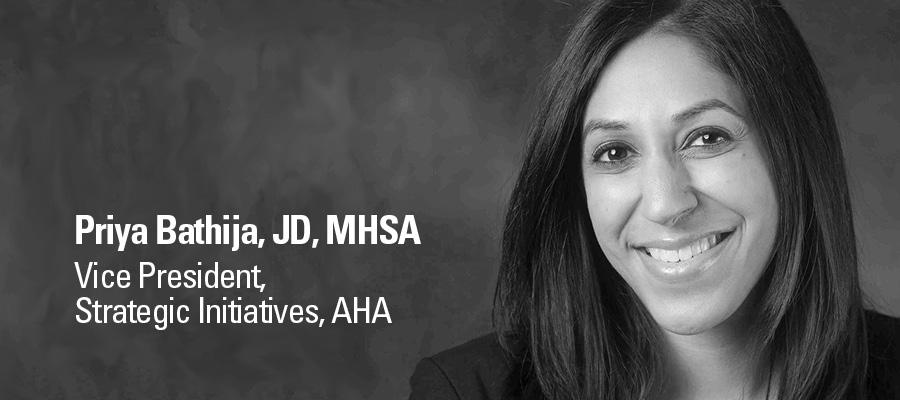Advocating for the Asian American Community during the COVID-19 Pandemic and Beyond

As we close out this year’s Asian American Pacific Islander Heritage Month, I find myself reflecting on the generations of Asian Americans who have enriched America’s history and celebrating the nearly 20 million Asian American individuals who are instrumental to the country’s future success.
While tributes and celebrations are important, for those of us in health care, this month is an opportunity to pause and reflect on this diverse community’s health needs – during the COVID-19 pandemic and beyond.
For example, while mental health stigma affects all ethnicities, cultures and nationalities, Asian Americans are far less likely to seek mental health services and resources. In addition, understanding that certain medical conditions, such as right-sided diverticulitis (RCD), are more common in Asian patients is necessary for providing care to this community.
And, among the Asian American community, South Asians have their own, distinct health risks. For example, due to a variety of factors, including genetics and lifestyle choices, South Asians are at higher risk for heart attack and stroke. Understanding this distinction has allowed Chicago’s Advocate Lutheran General Hospital to better address the South Asian community it serves by launching the Midwest U.S.’s first South Asian Cardiovascular Center, which helps educate and screen South Asians for their high risk of cardiac disease. The center also conducts community outreach, offers culturally sensitive clinical services and does research that allows clinicians to better prevent and treat cardiac disease for South Asians.
This month’s focus on AAPI health is particularly timely, as the Asian American community has been uniquely impacted by the COVID-19 pandemic.
A high proportion of Asian Americans work in high-contact essential occupations in health care – including as physicians, nurses, healthcare technologists, cooks and food preparation servers and supervisors – increasing their risk for COVID-19 exposure and infection.
And the Asian American business community has sustained some of COVID-19’s worst economic impacts. According to research conducted by McKinsey & Company, Asian-owned businesses make up large percentages of the sectors hit hardest by COVID-19, including accommodations and food service, retail trade, and of education-services businesses.
Amid those challenges, Asian Americans have been met with increased anti-Asian xenophobia and racism. According to the Center for the Study of Hate and Extremism, anti-Asian hate crimes increased by close to 150% in 2020. In recognition of this issue, congress passed and President Biden signed the COVID-19 Hate Crimes Act to strengthen federal efforts to address pandemic-related hate crimes, particularly those targeting Asian Americans and Pacific Islanders.
As we work to improve health equity and consider the long-term consequences the COVID-19 pandemic will have on health and well-being, we must understand and address the distinct and diverse health care needs of Asian Americans.
Join the conversation on May 26 at 12 p.m. ET, when we explore how hospitals and other community stakeholders have risen to meet the needs of their Asian American and Pacific Islander communities during the COVID-19 pandemic. This virtual event -- which is part of AHA’s new Joining Hands for Greater Impact series – will explore how hospital and health care leaders are communicating and collaborating to effectively address their AAPI community’s concerns and help them thrive.
Advanced registration is required. Register here.
Click here to watch the webinar recording on YouTube.
Priya Bathija, J.D., MHSA, serves as AHA’s vice president of strategic initiatives.

